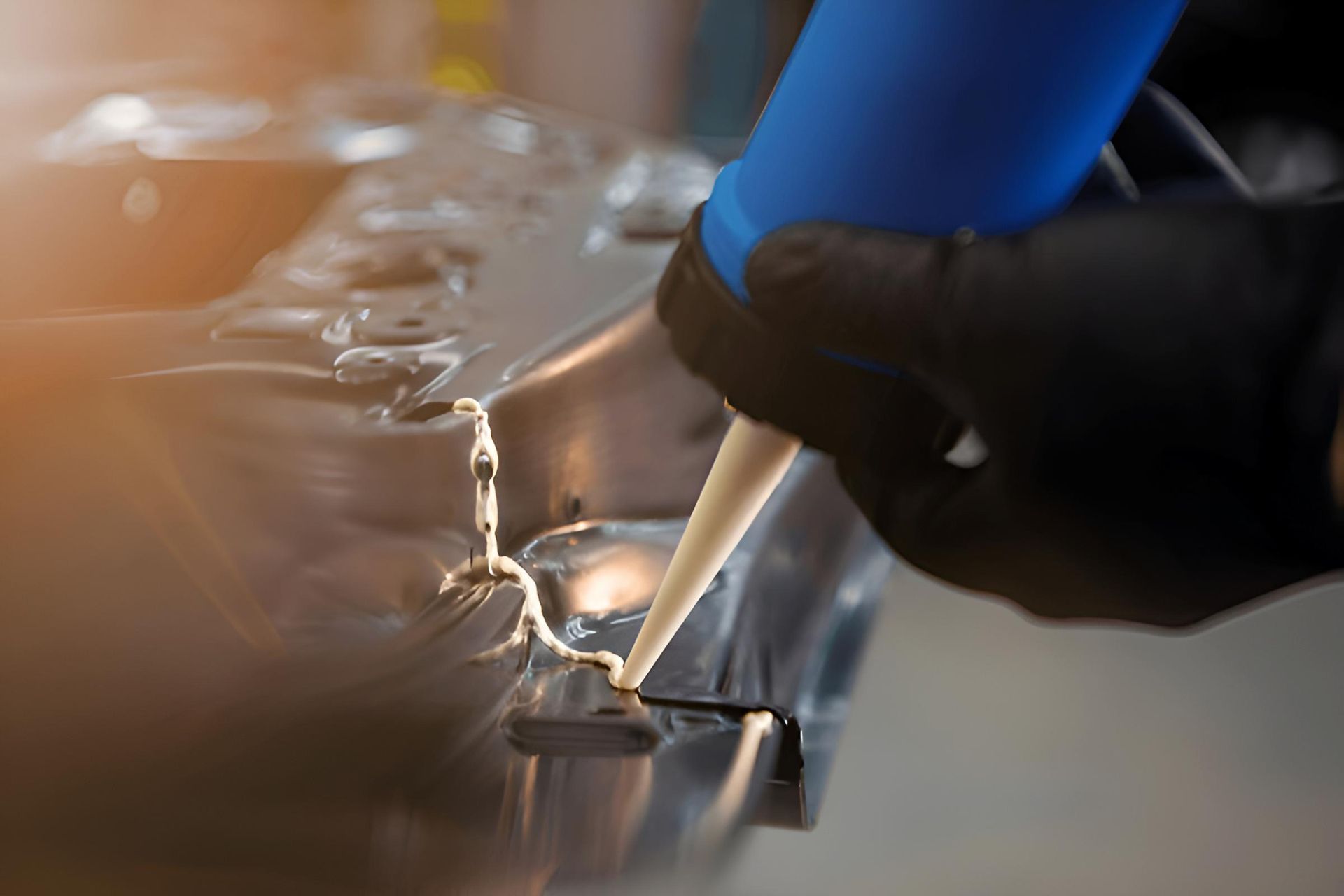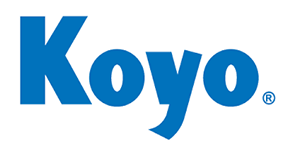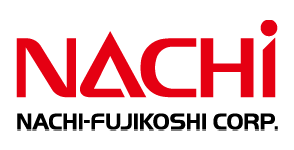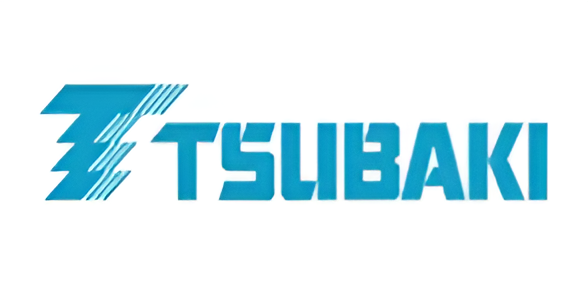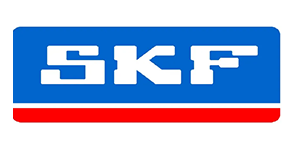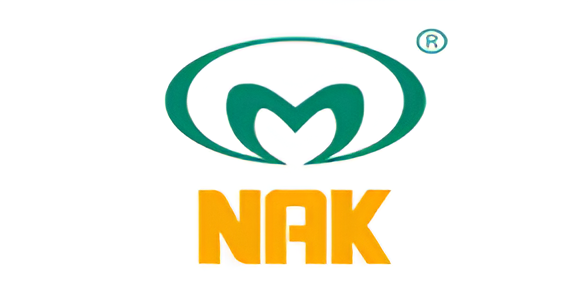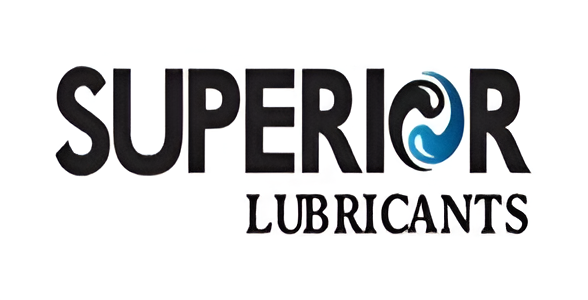Sealant in Gloucester
- Fast delivery across the Mid North Coast
- Stocked with trusted, quality brands
- Knowledgeable, hands-on customer support
Request a call back In Gloucester
Thank you for contacting Mid Coast Bearing Centre.
We will get back to you as soon as possible.
Oops, there was an error sending your message.
Please try again later.
Gloucester Sealant
If you need reliable sealant solutions in Gloucester, Mid Coast Bearing Centre is your trusted local supplier. With over 40 years of experience, we’ve built strong relationships with local trades, farmers, workshops, and industrial clients by delivering quality products backed by genuine service.
Our extensive range of sealant products is designed for use across a wide variety of applications, including automotive, mechanical, construction, and manufacturing needs. Whether you’re working with engines, pipes, or housing components, we supply sealant brands that offer superior adhesion, durability, and resistance to pressure, heat, and vibration. Products are available in silicone, anaerobic, and gasket-making formulations to suit metal, rubber, plastic, and more.
Our Gloucester customers rely on us for more than just stock—we provide tailored recommendations and quick access to the right product. No matter the job, we’re here to make it easier.
Contact 02 6552 3699 today to speak with our team about the best sealant for your project.
Solutions That Hold Under Pressure
At Mid Coast Bearing Centre, we understand how important the right sealant can be—especially when you're working with machines or systems that must stay airtight, leakproof, and long-lasting. We supply Gloucester customers with professional-grade sealants suitable for everything from minor vehicle repairs to heavy-duty industrial applications.
Our range includes Loctite, ThreeBond, and EMS Force products, which are well known for reliability in challenging environments. We assist with selecting the best formulation for your job, whether you're sealing threads, joining metal components, or bonding dissimilar materials.
Every product we supply is backed by expert support, so even if you’re not sure where to start, we’ll walk you through your options. We keep popular stock on hand and can source more specialised options quickly when needed.
Our customers appreciate our hands-on approach and local delivery service, which saves time and avoids delays. If you're working in Gloucester and need a sealant that performs, we're ready to help.
What is the difference between silicone sealant and polyurethane sealant?
Silicone sealants are highly flexible, waterproof, and resistant to temperature extremes, making them ideal for glass, metal, and smooth surfaces. They're commonly used in automotive and construction applications where expansion and contraction occur, such as sealing windows, windshields, or engine parts. Polyurethane sealants, by contrast, offer greater strength and abrasion resistance. They are often used for structural bonding, sealing joints in building materials, and areas that experience movement or stress. Polyurethane also tends to be paintable, while silicone is usually not. Choosing between the two depends on whether flexibility or strength is your priority and the materials involved.
Can sealants be used on oily or dirty surfaces?
Most sealants require clean, dry surfaces to bond effectively. Applying sealant to oily, dusty, or contaminated surfaces can prevent proper adhesion, leading to leaks or premature failure. While there are some specialty products designed to work on slightly contaminated surfaces, these are the exception. For the best results, always clean the surface thoroughly using a degreaser or solvent before applying sealant. Roughing up smooth surfaces can also improve grip, especially when bonding metal or plastic. Always check the product label to understand preparation requirements, as poor surface prep is one of the most common causes of sealant failure.
What’s the difference between a sealant and threadlocker?
A sealant is designed to fill gaps between surfaces, preventing fluid or gas leakage, while allowing for some flexibility and movement. A threadlocker, on the other hand, is a specific type of anaerobic adhesive that’s used to lock threaded fasteners in place and prevent them from loosening due to vibration. Threadlockers also seal the threads to prevent corrosion and leaks, but their main function is mechanical stability. While both products may share sealing properties, they are not interchangeable. Using a sealant on threads that require vibration resistance, for example, would not provide the locking strength of a threadlocker.
